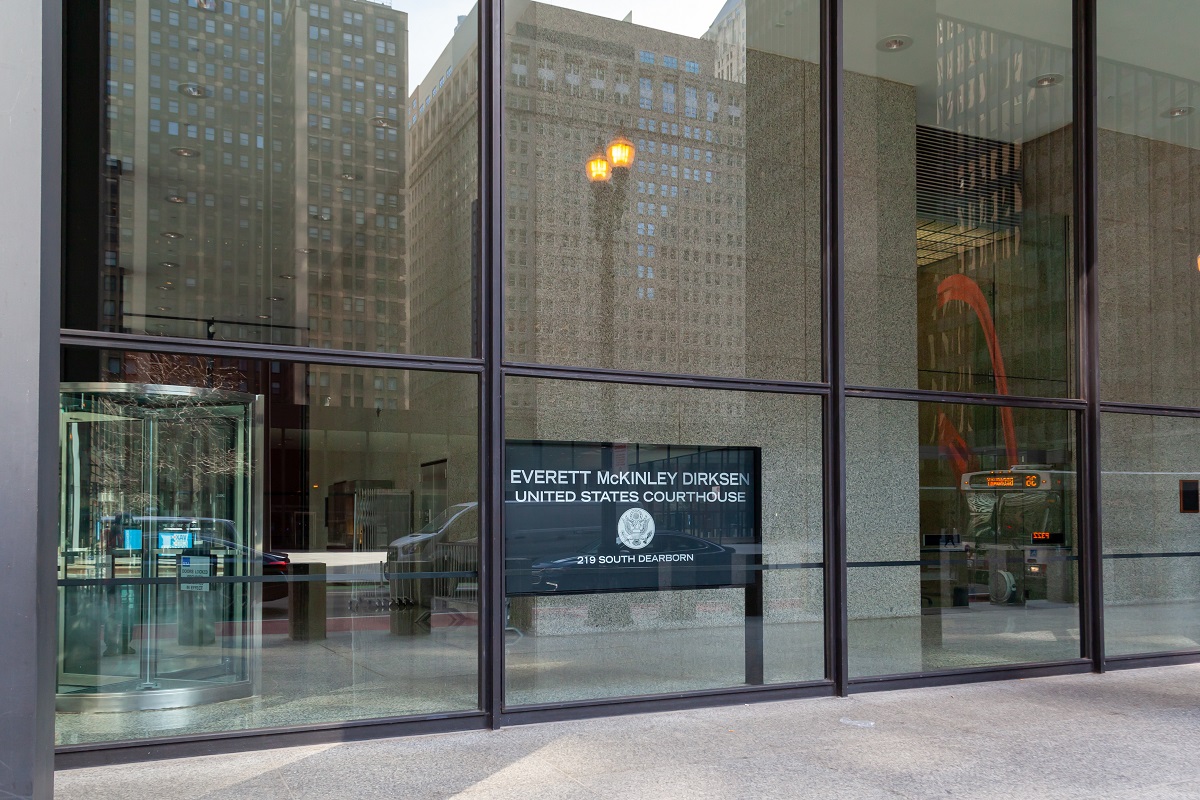 In a bankruptcy trustee’s adversary action to recover money paid to a collection agency within 90 days prior to the filing of the debtor’s bankruptcy petition, and pursuant to a previous garnishment order, the U.S. Court of Appeals for the Seventh Circuit recently reversed the ruling of a trial court denying the trustee’s application.
In a bankruptcy trustee’s adversary action to recover money paid to a collection agency within 90 days prior to the filing of the debtor’s bankruptcy petition, and pursuant to a previous garnishment order, the U.S. Court of Appeals for the Seventh Circuit recently reversed the ruling of a trial court denying the trustee’s application.
In so ruling, the Seventh Circuit held that federal rather than state law defines the meaning of a “transfer” under 11 U.S.C. 547(b)(4)(A). The “transfer” occurs when money changes hands. Here, the Seventh Circuit held, the money at issue changed hands within the 90 days prior to the filing of the debtor’s bankruptcy petition, and not previously when the garnishment order was entered.
A copy of the opinion in Warsco v. Creditmax Collection Agency, Inc. is available at: Link to Opinion.
As you may recall, bankruptcy trustees can recover some transfers made to outside parties during the 90 days before the debtor files a petition. 11 U.S.C. 547(b)(4)(A). The trustee in a bankruptcy discovered that about $3,700 had been paid to a collection agency during those 90 days under a garnishment order, which was issued by an Indiana state court more than 90 days before the debtor filed his bankruptcy petition. The trustee began an adversary proceeding to recover the $3,700.
Relying on In re Coppie, 728 F.2d 951 (7th Cir. 1984), the collection agency argued that the definition of a “transfer” under section 547 depends on state law and that, under Indiana law, a “transfer” occurs when a garnishment order is entered, not when money is paid.
The trial court found Coppie controlling and denied the trustee’s application. The trial court added that Coppie appeared to be wrongly decided, but wrote that only the Seventh Circuit can overrule its own decisions. The trustee timely appealed.
On appeal, the Seventh Circuit did in fact find that Coppie was wrongly decided. The reason was that Barnhill v. Johnson, 503 U.S. 393 (1992) held that federal rather than state law defines the meaning of a “transfer” in §547. A ruling by the Seventh Circuit in 1984 must give way to a decision by the Supreme Court of the United States in 1992.
Barnhill arose from a check that was signed and delivered outside the 90-day preference window but negotiated inside that window. The Supreme Court held that the date of the check was irrelevant and that only payment of the check marks a “transfer.”
Here, the Seventh Circuit reasoned that the rule that the “transfer” occurs when money changes hands is as applicable to garnishment as it is to checks. The check is an instruction to a bank, while the garnishment order is an instruction to an employer. The date of transfer is the time at which the money passes to the creditor’s control.
As the Seventh Circuit pointed out, this was not the first time that it recognized the effect of Barnhill on the definition of a transfer. Freedom Group, Inc. v. Lapham-Hickey Steel Corp., 50 F.3d 408, 412 (7th Cir. 1995) collected several decisions that did not comport with Barnhill. The Seventh Circuit overruled or disapproved each of them after a circulation to the full court under Circuit Rule 40. Nevertheless, Freedom Group did not include Coppie in its list of defunct rulings, possibly because it was a rarely cited opinion.
The collection agency tried to distinguish Barnhill and Freedom Group on the ground that they dealt with dates on which people learned of a transfer order (for example, the date on which a check arrived in the mail) rather than the date the order was made or took effect.
However, the Seventh Circuit determined that the rationale of Barnhill did not depend on a payment order’s entry versus the date any given person learned of it. Under Barnhill, both dates are irrelevant to the “transfer.” Deferred knowledge of a transfer order may affect priority among creditors, if something happened between entry of an order and notice to a person trying to make a secured loan, but only the date of payment matters when defining a transfer under §547.
Moreover, the Seventh Circuit decided that Freedom Group did not purport to provide a comprehensive list of all decisions undermined by Barnhill and that it was enough to hold now that Coppie must be treated just as Freedom Group treated similar decisions.
Accordingly, the Seventh Circuit concluded that federal law defines a “transfer” and only actual payment counts as a “transfer.” Coppie, which held otherwise in both respects, accordingly was overruled, and this case was remanded with instructions to resolve the trustee’s claim on the merits.
Photo: JHVEPhoto – stock.adobe.com


